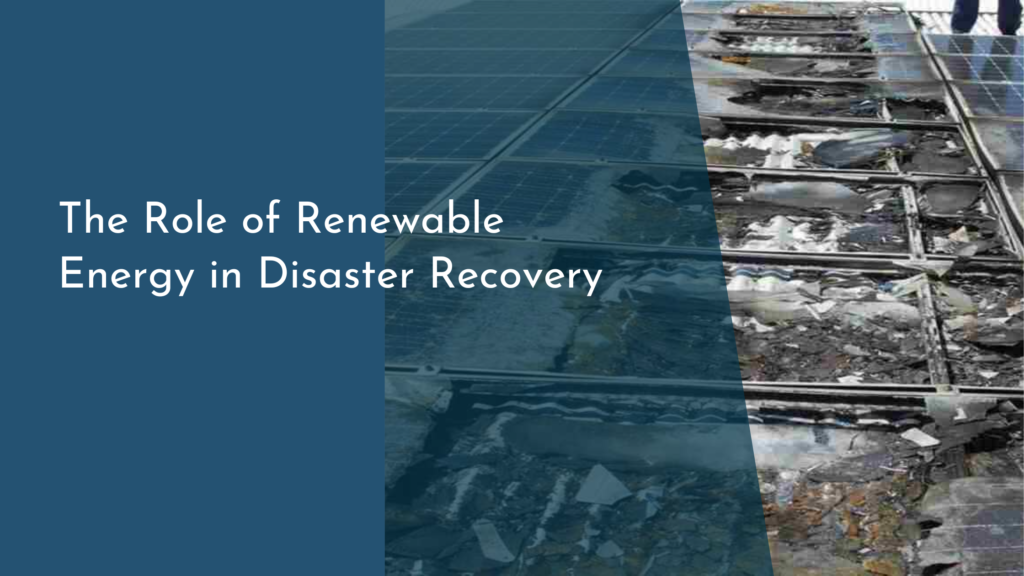How to Educate Kids About the Importance of Recycling
Recycling is more than just a chore; it’s a crucial responsibility that helps protect our environment and conserve resources. Teaching children about the importance of recycling is vital in fostering a sustainable future. By integrating fun, educational activities and consistent habits, we can instill a sense of environmental stewardship in our young ones. This article provides practical tips and engaging ideas to help parents and educators make recycling a captivating and meaningful topic for children.
Kickstarting the Conversation on Recycling
Initiating the conversation about recycling can be as simple as explaining what recycling is and why it’s important. Start by showing children what items can be recycled in your home and discussing how recycling can help reduce waste and save the planet. Encourage questions and provide clear, simple answers. For younger children, relate recycling to caring for the environment, much like they would care for their own toys or pets, to make the concept more relatable.
Bringing the topic to life through visual aids like posters or videos can greatly enhance understanding. There are many child-friendly resources online that explain the recycling process through animations and colorful diagrams. Watching a video about how a plastic bottle can turn into a new product can make the recycling process more tangible and intriguing to a child.
Fun Recycling Activities for the Whole Family
Turn learning into play by organizing family activities centered around recycling. One engaging activity is creating a recycling center at home. Let children decorate bins with drawings and labels, making the sorting of paper, plastics, and metals an enjoyable game. This not only makes the act of recycling more fun but also reinforces learning about different recyclable materials.
Another exciting activity is to involve children in ‘DIY’ projects that reuse recyclable materials. For instance, old newspapers can be turned into paper mache, or plastic bottles can be transformed into bird feeders. These projects not only stimulate creativity but also teach kids the value of reusing materials, further emphasizing the importance of recycling.
Tips to Make Recycling a Daily Habit
Incorporating recycling into daily life doesn’t have to be a daunting task. Start by placing recycling bins in accessible areas around the house and encourage your children to make a habit of using them regularly. You can create a reward system such as stickers or points for every time they recycle something properly. This positive reinforcement makes recycling a more appealing and habitual activity.
Additionally, involve children in routine recycling tasks, such as taking the recycling bins to the curb for pickup or sorting the recyclables. Regular participation can help cement the habit, and giving them responsibilities can make them feel important and involved in the family’s eco-friendly practices.
Wrapping It Up: Why Recycling Matters
Concluding your recycling education should include a discussion about the broader impacts of recycling. Explain how recycling helps conserve natural resources, reduces waste in landfills, and minimizes environmental pollution. Make it clear that their efforts, no matter how small, do make a difference in the world.
It’s also beneficial to connect recycling with broader environmental issues like climate change and wildlife conservation. This can help children understand that their recycling efforts are part of a larger global effort to protect the planet for future generations. Making the connection between personal actions and global impacts can inspire ongoing commitment to recycling.
Educating children about recycling is a step toward a greener future. By kickstarting the conversation, engaging in fun activities, establishing daily habits, and understanding the significance of our actions, we equip the younger generation with the knowledge and skills they need to be conscientious citizens. Remember, every recycled item and every informed child adds up to a substantial positive impact on the environment. Let’s continue to nurture our planet by teaching our kids the value of recycling in a fun and engaging way.

